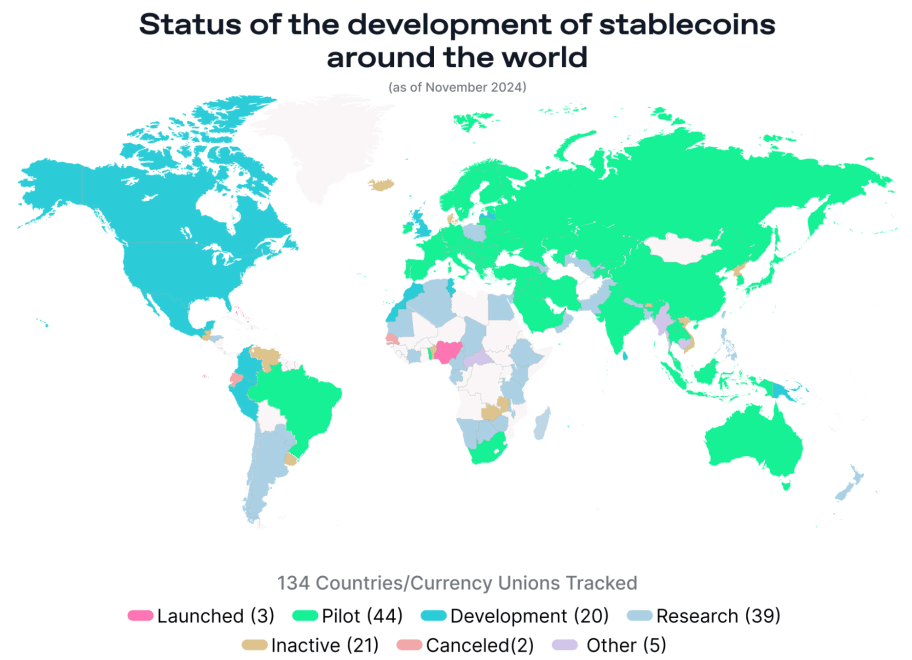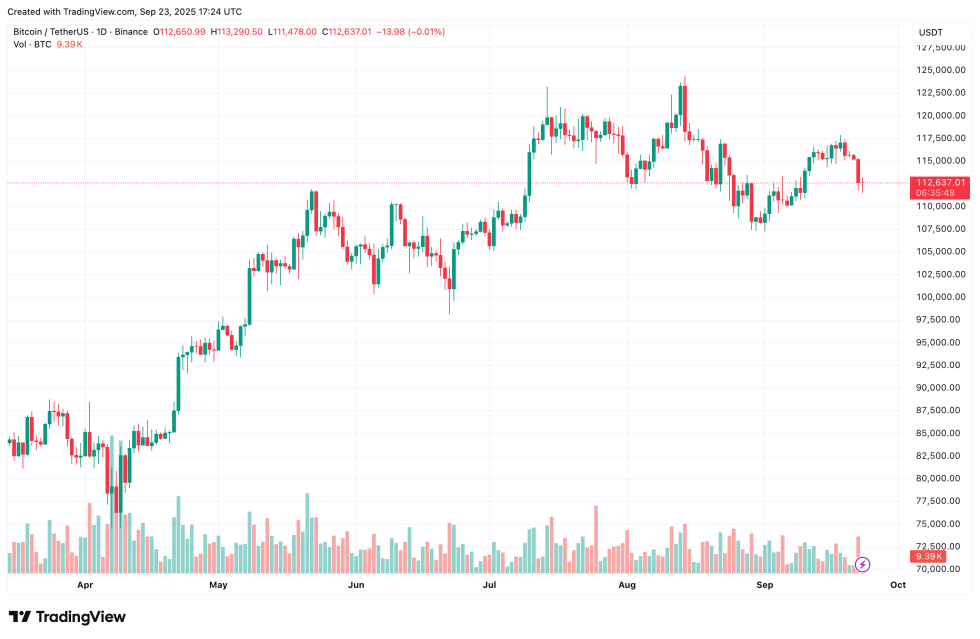Kazakhstan’s Game-Changer: Solana-Powered Stablecoin Launch with Mastercard Partnership
Central Asia just dropped a crypto bombshell that's rewriting the rulebook for digital finance.
The Digital Tenge Revolution
Kazakhstan isn't just dipping toes in the water—they're diving headfirst into blockchain infrastructure with a Solana-powered stablecoin that could reshape regional economics. Partnering with payment giant Mastercard signals this isn't another experimental pilot program.
Why This Changes Everything
Forget slow-moving central bank digital currencies—this partnership leverages Solana's blistering transaction speeds while tapping into Mastercard's existing payment rails. The combination creates instant settlement capabilities that traditional banking systems can only dream of matching.
The Cynical Take
Wall Street bankers will likely dismiss this as 'emerging market experimentation' while quietly scrambling to replicate the model—because nothing motivates traditional finance like the fear of being left behind.
This isn't just another stablecoin launch—it's a blueprint for how nations can leapfrog legacy financial infrastructure entirely.
Kazakhstan Unveils Solana-Powered Evo Stablecoin
In an announcement made earlier today, the Central Asian country of Kazakhstan unveiled a pilot project for its tenge-baked stablecoin, dubbed Evo. For the uninitiated, the tenge is the national currency of Kazakhstan.
According to the announcement, Evo’s issuance will be managed by other participants of the country’s digital assets regulatory sandbox. Notably, the two entities that will be overseeing the Evo stablecoin are likely to be crypto exchange Intebix and Eurasian Bank.
The developers have dubbed Evo the “national stablecoin” and aim to leverage the technology to bridge the gap between blockchain innovation and traditional finance. The stablecoin will be used for a variety of purposes, including expanding crypto-fiat gateways, swapping digital assets, and aiding crypto card-based transactions.
Low-latency and high-throughput smart contract platform, Solana, will be used to power the Evo stablecoin. Solana’s rapidly growing infrastructure will be critical in ensuring a smooth payment experience and large-scale stablecoin adoption in Kazakhstan.
Besides powering the stablecoin, Solana has also signed a Memorandum of Understanding (MoU) with Kazakhstan’s Ministry of Digital Development to create a special blockchain economic zone in the country.

In the same vein, Mastercard will leverage its expertise in payments to integrate KTZE with stablecoin issuers around the world. Such integrations could open the doors for cross-border payments and international utility.
It is worth noting that the National Bank of Kazakhstan will not issue the stablecoin directly. Rather, the regulator will provide a legal framework for the issuers to issue the stablecoin. The framework will also be used to test Evo and to develop the VIRTUAL currency market.
The Head of the National Bank of Kazakhstan, Timur Suleimenov, pointed toward the importance of the pilot project, saying that cryptocurrencies and blockchain technology could play a significant role in increasing financial accessibility.
Stablecoin Growth Is Taking Over
While leading cryptocurrencies like Bitcoin (BTC) and ethereum (ETH) continue to witness rising adoption, an unlikely class of digital assets like stablecoins is experiencing just as much adoption, if not more.
For example, South Korean banks are reportedly in talks with leading stablecoin issuers such as Circle and Tether to develop a market for Korean won-backed stablecoins. Similarly, Standard Chartered is expected to apply for a Hong Kong stablecoin license.
Earlier this year, Citigroup predicted that the stablecoin market is likely to grow by another $1.6 trillion by 2030. At press time, BTC trades at $112,637, up 0.1% in the past 24 hours.


